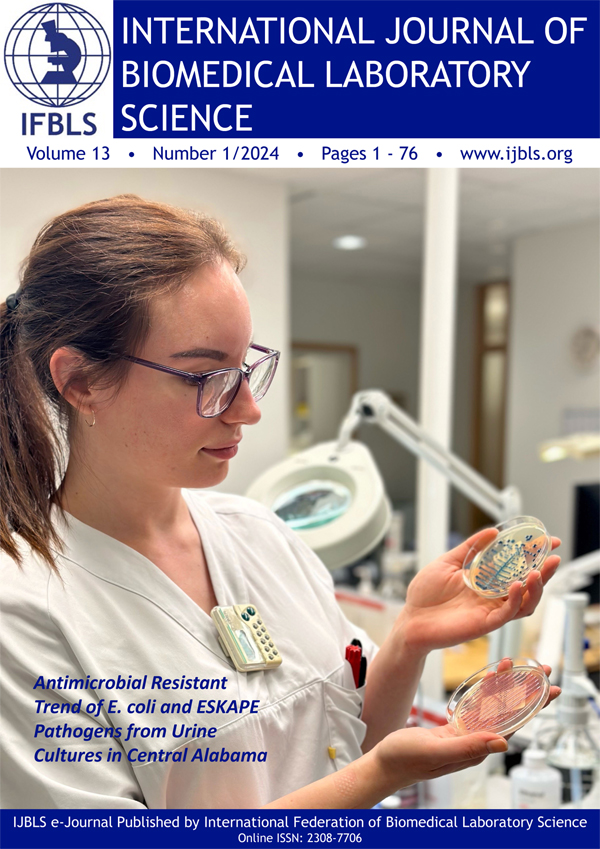Review article: A Systematic Review of Peer Feedback in Biomedical Laboratory Science Education: An Effective Tool for Growth, Collaboration and Professional Development
Filis Necip and Camilla Christine Qvist
Introduction: Peer feedback is widely recognized and an effective pedagogical approach that promotes active learning, student engagement and develops analytical and communication skills. This can provide value in biomedical laboratory science education where the teaching and training of students in laboratory techniques, research methodologies, and scientific principles foster professional development. The objective of this systematic review was to examine feasible utilization, effectiveness, and quality of peer feedback in biomedical laboratory science education.
Methods: To guide the systematic approach conducting this review the PRISMA statement for reporting was used. Cochrane PICO (patient, population, or problem) method was used to support the comprehensive search strategy to identify relevant studies. The data extraction process was conducted by one reviewer and verified by a second to ensure accuracy and consistency. The quality and risk of bias was assessed using the Cochrane Risk of Bias Tool for randomized controlled trials. This assessment provided an evaluation of the methodological rigor and potential sources of bias. Thematic analysis was performed to identify common themes and patterns.
Results: The final review included 6 studies. Oral and written peer feedback were the most common evaluated. Several studies did not provide detailed description of the introduction of the peer feedback activities for the student as well as the frameset, criteria, or assessment focus. All articles had full focus on the outcomes, effects, or the students’ opinion of the conducted peer feedback activity. No studies assessed the quality of the peer feedback.
Conclusion: Peer feedback in biomedical laboratory science education holds significant potential for enhancing student learning outcomes, professional development, and preparation for real-world practice. Through an iterative feedback loop, students develop a deeper understanding of laboratory techniques, scientific reasoning, and critical thinking skills.
Key words: Biomedical laboratory science, education, peer feedback, learning outcomes
Int. J. Bio. Lab. Sci 2023(12)2:106-113 【PDF】


